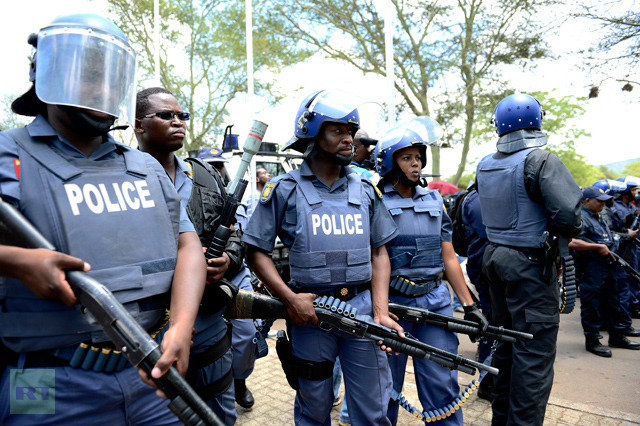This is default featured slide 1 title
Go to Blogger edit html and find these sentences.Now replace these sentences with your own descriptions.This theme is Bloggerized by Lasantha Bandara - Premiumbloggertemplates.com.
This is default featured slide 2 title
Go to Blogger edit html and find these sentences.Now replace these sentences with your own descriptions.This theme is Bloggerized by Lasantha Bandara - Premiumbloggertemplates.com.
This is default featured slide 3 title
Go to Blogger edit html and find these sentences.Now replace these sentences with your own descriptions.This theme is Bloggerized by Lasantha Bandara - Premiumbloggertemplates.com.
This is default featured slide 4 title
Go to Blogger edit html and find these sentences.Now replace these sentences with your own descriptions.This theme is Bloggerized by Lasantha Bandara - Premiumbloggertemplates.com.
This is default featured slide 5 title
Go to Blogger edit html and find these sentences.Now replace these sentences with your own descriptions.This theme is Bloggerized by Lasantha Bandara - Premiumbloggertemplates.com.
Saturday, October 27, 2012
South African police fire stun grenades, rubber bullets as unions clash
Tuesday, October 23, 2012
Iran threatens to stop oil exports, considers anti-Europe sanctions
Iranian Parliament considers sanctions on Europe
Thursday, October 18, 2012
Moody’s lowers credit rating of major Italian bank to Junk Status
The rating agency said on Thursday that the lowering of the bank’s rating by two notches to ‘Baaa3’ (a non-investment grade) reflects Moody’s view that there “remains a material probability that the bank will need to seek further external support.”
The ailing bank has also said it would downsize its workforce by 4,600 employees by 2015.
In July, Moody’s also lowered the debt ratings of 13 Italian banks, including Unicredit and Intesa Sanpaolo, by one to two notches, citing the Italian government’s weakened creditworthiness.
Several eurozone member states, including Greece, Spain and Italy, have been struggling with deep economic woes since the financial crisis began about five years ago.
Over the past decade, Italy has been the slowest growing economy in the euro area.
The continued recession in the eurozone’s third-largest economy is gloomy news for Italians, who have seen a series of austerity packages, tax hikes and pension charges.
The worsening debt crisis has forced the EU governments to adopt harsh austerity measures and tough economic reforms, which have triggered incidents of social unrest and massive protests in many European countries.






















